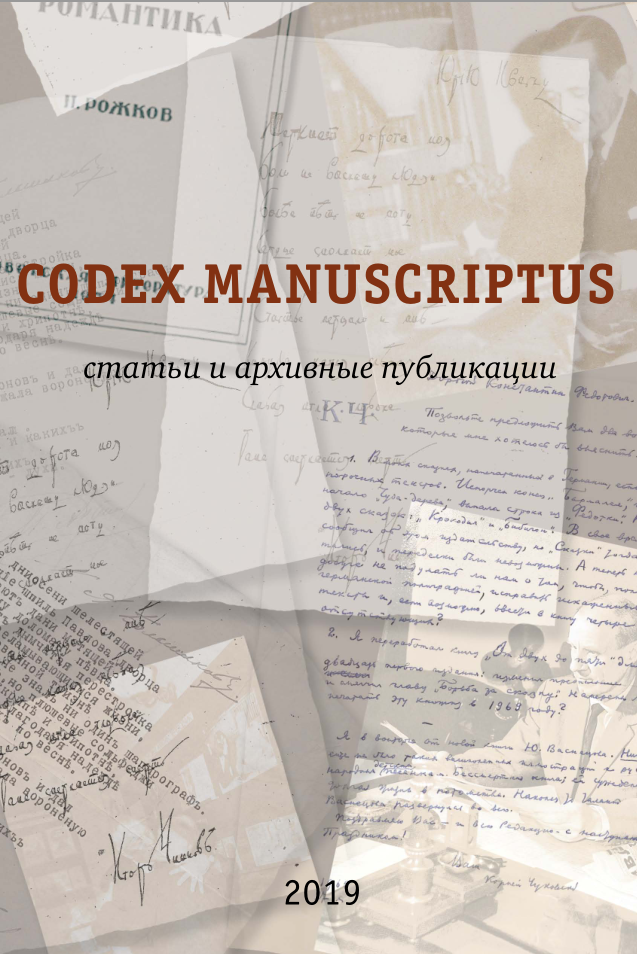Abstract:
The article is devoted to the peculiarities of the use of fantastic in Zamyatin’s short prose. The fantastic here is most often a mask for the political. In the cycle “Tales of Fita”, Zamyatin grotesquely depicts the actions of the Bolsheviks, interpreting them as despotic and retrograde. The latter was not entirely consistent with reality under Lenin, but Zamyatin’s interpretation of what was happening reflected the social and psychological tendencies that emerged in the Stalinist era. In “A Story about the Most Important Thing”, the terrestrial locus lies at the cross-roads of a number of seemingly incompatible, yet lively and tragically deep worlds, encompassed by the multipersonal “ego” of the diegetic narrator. These worlds are imbued with pain and despair, but, according to Zamyatin, we are faced with manifestations of a living beginning, filled with the energies of revolution. This is opposed by the psychologically inflexible world of the hard-line communist Dorda, who suppresses freedom, as he sees it, in the name of revolution, thus affirming a destructive, entropic beginning. Another plot of the story is openly fantastical. The last dying people on a distant star direct it to Earth to conceive new life through a catastrophic collision, correcting the failed, in the writer’s opinion, revolution by its “second coming” in the form of a powerful energetic explosion, creating all life anew. The energetic explosion, according to Zamyatin, is a necessary blow from the left to the quasi-left Bolshevik regime, which is suppressing freedom and losing its living face.






